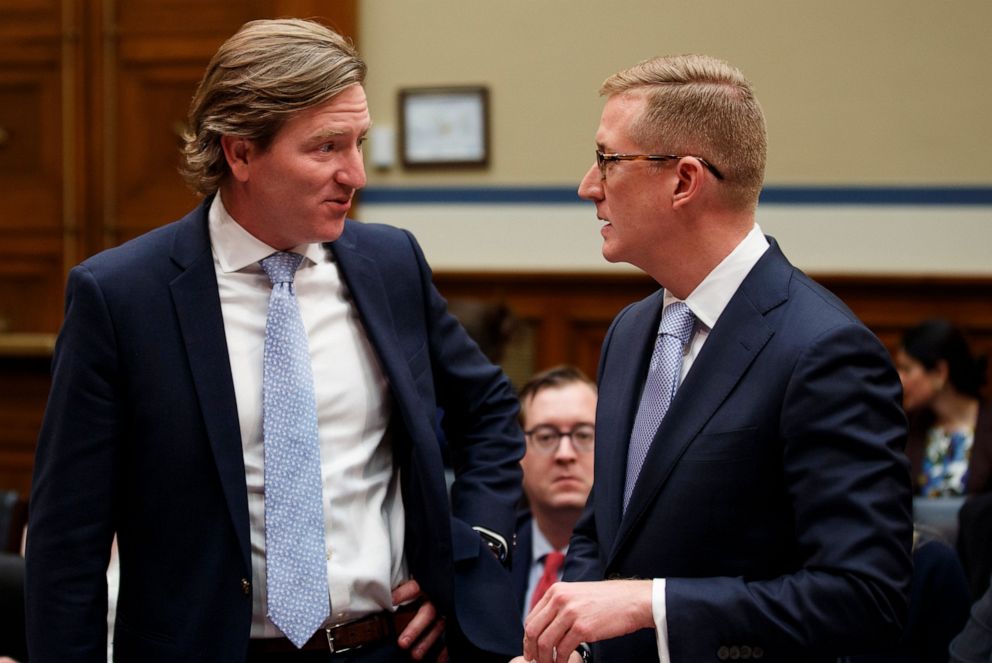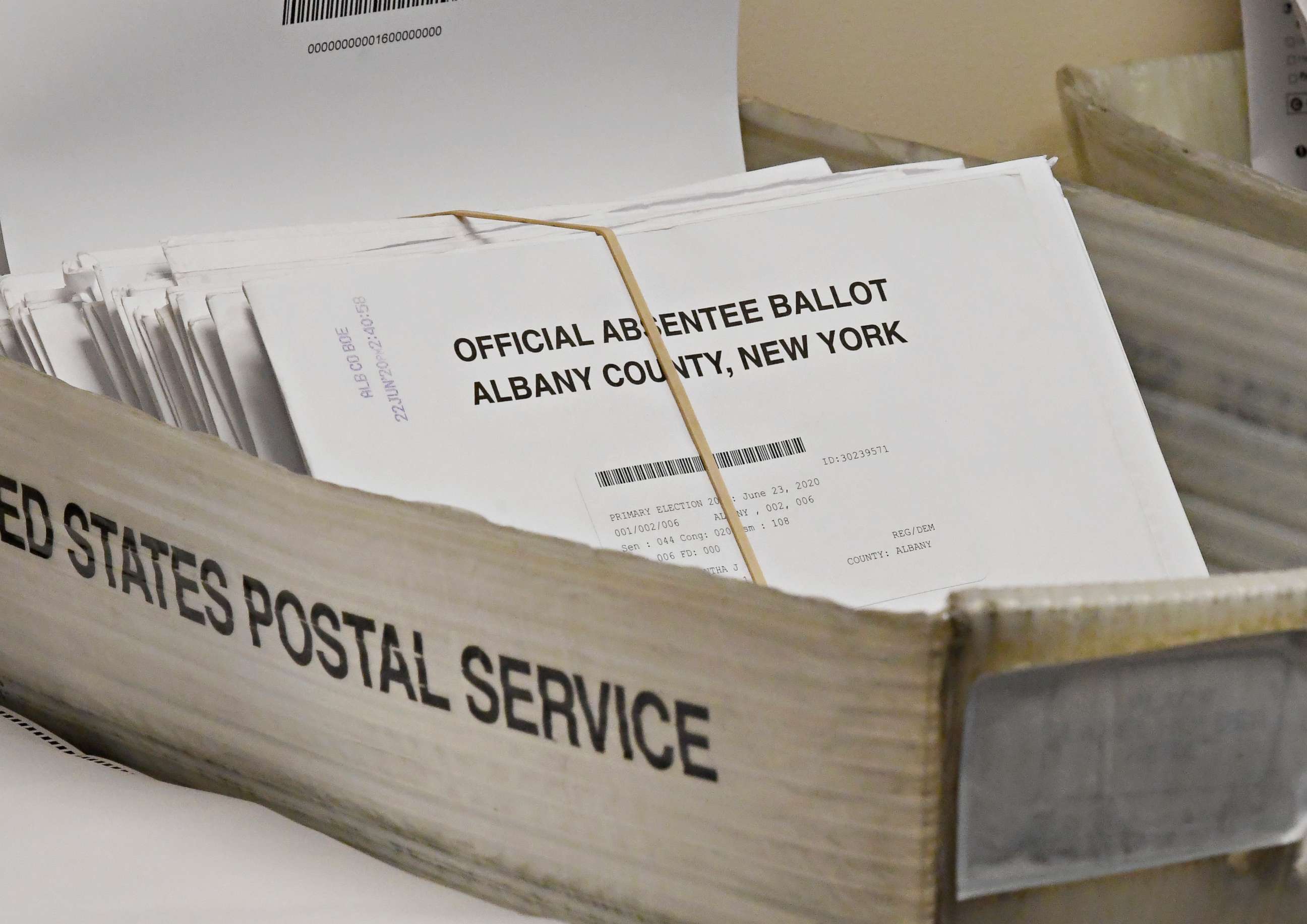Increase in mail-in ballots due to COVID has created greater election integrity, government official says
The COVID pandemic has created a paper trail for ballots.
The integrity of the 2020 election may be improved as a result of the COVID-19 pandemic, according to a leading cybersecurity expert.
Christopher Krebs, director of the Department of Homeland Security's Cybersecurity and Infrastructure Security Agency, said Friday an increased reliance on mail-in and absentee ballots, which have a paper record associated with them, may be a blessing in disguise. Paper records, he said, are critical to election security because they lead to auditability.
"Auditability is a key element of being able to determine the integrity of a vote," Krebs said. "To roll it back, make sure you got the right results, and, more than anything proving, through a post-election audit process, that the votes cast are counted as cast."
Krebs spoke as part of an online forum on election security hosted by the Brookings Institution, a think-tank based in Washington, D.C. He said that in the 2016 election, around 82% of votes cast had a paper record associated with them. Looking ahead to Nov. 4, he said that figure may be over 92% due to the expected increase in COVID-related absentee ballots.
"Again, the ability to conduct post-election audits is critical to establishing the integrity of the election," he added.

President Donald Trump has routinely panned mail-in voting in recent weeks, claiming it will increase voter fraud without providing much evidence.
"You'll have tremendous fraud if you do these mail-in ballots," Trump said in a Rose Garden press conference Tuesday. "Now, absentee ballots are OK, because absentee ballots, you have to get applications, you have to go through a process."
Election officials across the U.S. interviewed by ABC News have disagreed with mail-in ballots being a risk to election integrity.
Krebs said CISA has taken a number of measures to improve the "cyber hygiene" of election databases, including ensuring that every single state election network has intrusion-detection sensors. He said all 67 counties in Florida were equipped with these sensors.
"We have the best comprehensive visibility across the election infrastructure sector than any other sector, so if there is a tremor out there in the force, we will feel it and we can act on it," he added.
Krebs said that compared to where things were in 2016, "we are not seeing that level of coordinated determined cyber activity from adversaries."
Notwithstanding that, he added, "We are not fooling ourselves here -- there are bad guys that want to do bad things."

"Russia wants to destabilize, China wants a more compliant state and Iran probably wants a little bit of both, so we are going to be prepared. We have got the defenses up, and we are ready for it," he said.
Fiona Hill, the former National Security Council official who testified at the Trump impeachment hearings, moderated the panel in which Krebs spoke. Hill emphasized that low turnout was also a threat to election integrity and that voting was a privilege afforded to every American citizen.
"This is the fundamental act of agency that we all have as citizens in the U.S.," she said. "Everybody should really get out there and vote and do their part."



